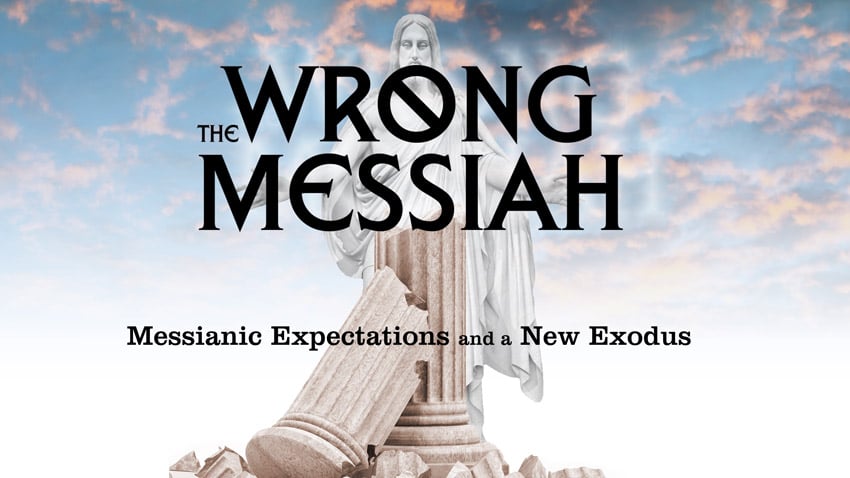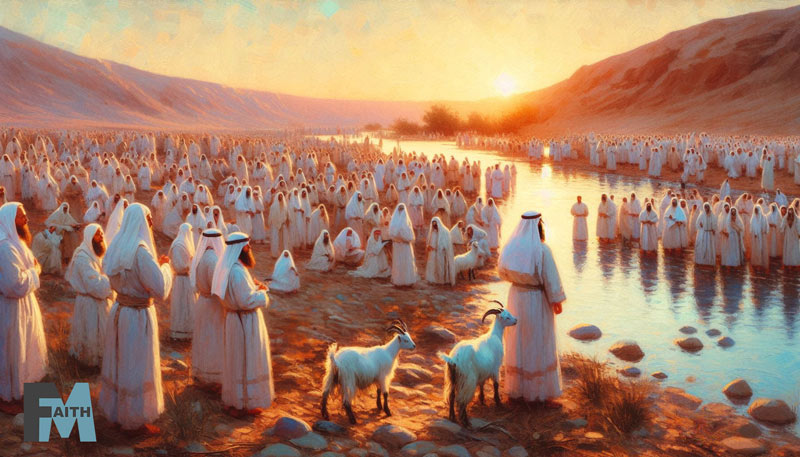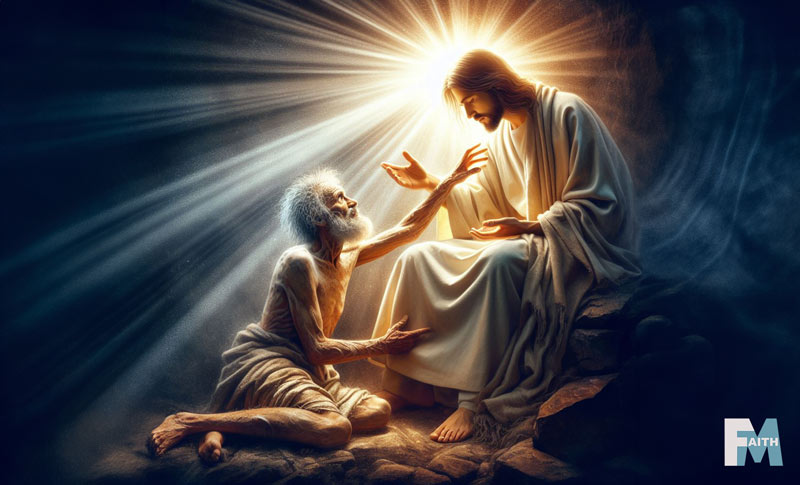Messianic expectations flourished in first-century Judea. There was an air of excitement as many recognized that the time was drawing near for their deliverer to come. But when he did show up, many were unwilling to accept him as the Messiah because he did not live up to their expectations. Rather than slaughtering the Romans through military conquest, Yeshua died at the hands of Roman soldiers on a cross. According to the expectations of the time, this was not what the Messiah was supposed to do! In this teaching, we will investigate the first-century Jewish messianic expectations and hope for a new exodus. We will contrast these expectations with the reality of Yeshua and show why it was that many Jews of that time were looking for the wrong messiah. If you have ever wrestled with understanding Yeshua’s messiahship or want to gain a better understanding of the messianic role of Yeshua, this teaching is for you!
But Yeshua called them over and said, “You know that the rulers of the nations lord it over them, and their great ones play the tyrant over them. It shall not be this way among you. But whoever wants to be great among you shall be your servant, and whoever wants to be first among you shall be your slave— just as the Son of Man did not come to be served, but to serve, and to give His life as a ransom for many.
Oops! You don't have access to this content!
You will need Silver level access to watch this teaching.
Alternatively, you can purchase this teaching on DVD or download via the Digital Download store.







Ryan, could you speak to all the many times and places in Tanach where YHVH ordered men, women, and children to be killed? Sounds like the Mean God vs the Good God.
Forgot to add my experiences with following the advice of a pastor to turn the other cheek after being beaten by husband. Direction to be meek must be qualified.
Hi Carole,
That is something that has been much debated and is a point of contention for a lot of people. Certainly it is in no way a license for anyone to commit acts of violence now, as the command was given for a specific moment in history against a specific group of people who had been given hundreds of years of warning to change their ways. This is the way many people have explained it. An alternative explanation is that what we are reading in the Bible is a recording of human experiences and these violent episodes do not reflect the will of God, rather how men interpreted the will of God.
Either way we choose to understand the text, when we look at the big picture, we are faced with the fact that the Bible is telling a story that despite the ethnic cleansing of pagan nations, human wickedness did not abate. That Israel became worse than the nations they displaced from the land. It is a warning to us that even when we think God desires us to act out in violence, it is not from him.
Commenting at Part 4: It has seemed continually to me since coming into Hebrew Roots that the whole idea of who Yeshua is and what he did has been masked by a difficulty in identifying ourselves AS Israel. If we are not Israel then we have no part in the Exodus according to Jeremiah 31. If we are not Israel, then we have a real hard time of it in identifying ourselves as having been in Exile.
Ex 13 commands us to “remember,” “OBSERVE” the “RITE,” to “TELL” our sons, what “HE DID,” it’s a “SIGN” to be a “REMINDER OF THE LAW” “IN OUR MOUTH,” and of “HIS POWERFUL HAND” so we should “KEEP” the “ORDINANCE— at its MOED from year to year, or day by day.” Our group has followed the Jewish custom at Passover of understanding these admonitions as though WE are there… we ourselves are actual participants in the Exodus. This leads to thoughts about who we are anyway!
Unlike many who seem to feel that “Hebrew Roots” has come to an evil meaning, neither can I reckon myself in this day of the infighting going on in churchianity, as part of the “church.” That word has a connotation of which I do not want to identify myself. I vote for simply calling ourselves what the Word does. We are grafted into the tree…. Israel…. that word draws the venom of the world enough, and whatever it may mean to the world, I will gladly and with pride hold to that tribe and the King of that House.